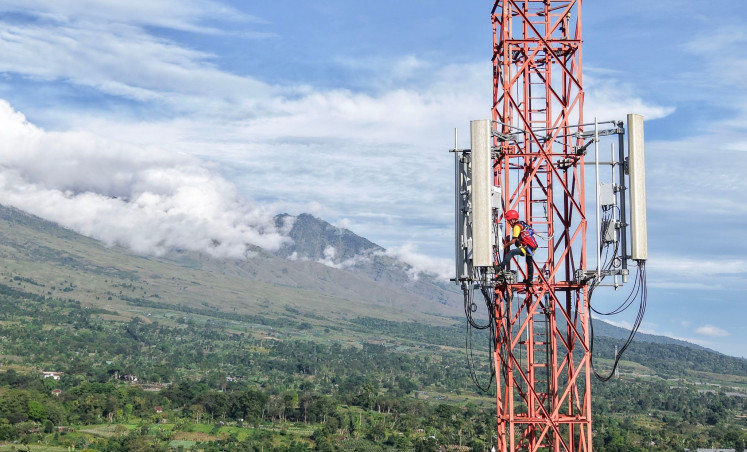Popular Reads
Top Results
Can't find what you're looking for?
View all search resultsPopular Reads
Top Results
Can't find what you're looking for?
View all search resultsLetter to the editor: Researcher Kian Goh clarifies
In response to the article initially titled âJakarta residents not bothered by floods,â and subsequently retitled âJakartans become used to terrible water management: Researcherâ (The Jakarta Post, July 19, 2014)
Change text size
Gift Premium Articles
to Anyone
I
n response to the article initially titled 'Jakarta residents not bothered by floods,' and subsequently retitled 'Jakartans become used to terrible water management: Researcher' (The Jakarta Post, July 19, 2014). I am the researcher whose work is the subject of the article.
As the subject of the article, I would like to clarify some points.
First, in response to the initial and subsequent titles of the article: I did not suggest that Jakarta residents are not bothered by floods. Rather that some people here have developed methods of coping that enable them to live through the many floods. In addition, I have never referred to 'terrible water management' in any context. Jakarta faces serious challenges in its infrastructure and issues of social welfare due to climate change and urban growth.
The problem is more systemic, involving local environmental systems like the rivers and watersheds, multiple scales of governance and global sea level rise and changing climate patterns. Like many other cities worldwide, Jakarta is trying to manage its infrastructure in the face of these increasingly severe challenges.
Second, it is too reductionist to say that kampung residents have simply refused to leave their homes. They are reluctant to leave because of the location of the low-cost apartments from their places of livelihood, potentially higher rents than they are paying now and likely loss of their community and way of life. Many of these kampung residents have lived where they are for decades. It is the only home they've known. Furthermore, there is a lot to learn from the practices of kampung residents in terms of adapting to environmental vulnerabilities and the changing climate.
And third, I don't think that New York City has necessarily responded better in responding to climate change. Both New York City and Jakarta have launched very ambitious, but different, projects to counter the effects of climate change. It is still not clear which projects will work better.
A key part of my research is to look in detail at the ways that these proposals are conceived, shared and possibly implemented.
I want to note that the initial Post article was based on a presentation I made as part of a series of talks organized by Rujak, a Jakarta-based center for urban studies and sustainability. As a researcher I am interested in understanding, explaining and learning from the work of city officials and community organizers in various places of the world.
Local organizations like Rujak are critical in pushing and centering important issues on the ground in Jakarta. Their incredible work and valuable contributions should not be overlooked.
Last, I am not Singaporean, as stated in the article. I am Malaysian by birth and am currently based in the United States.
Kian Goh
Architect and PhD candidate
MIT, Cambridge, Massachusetts










